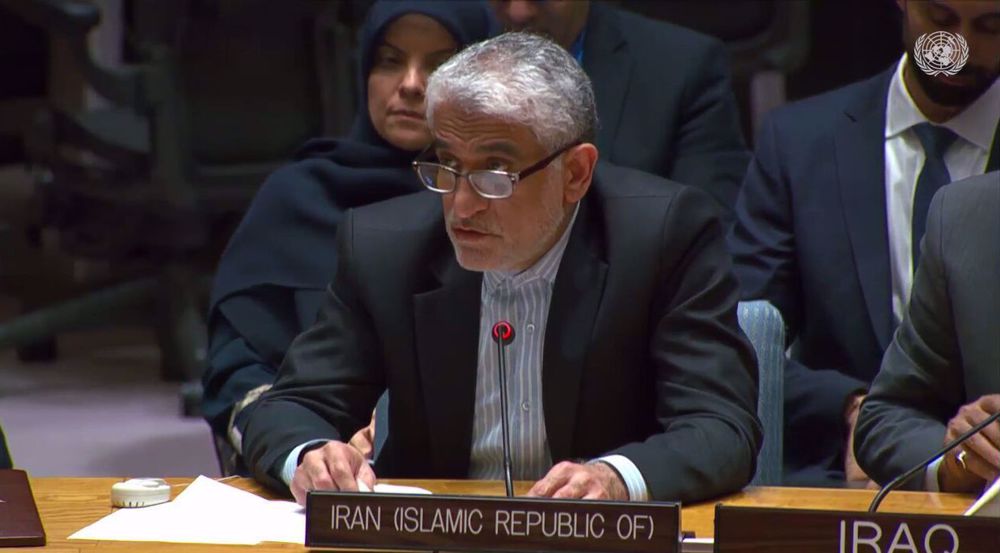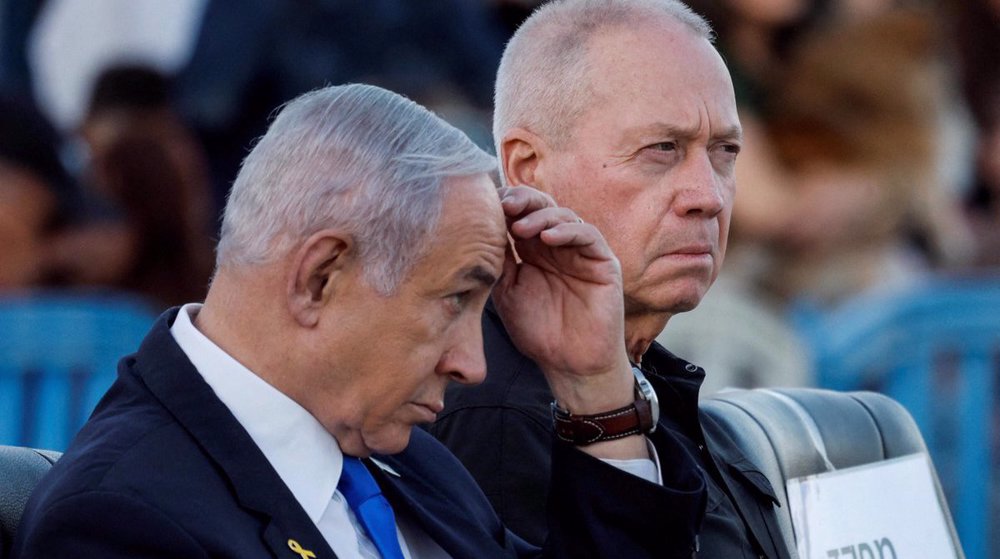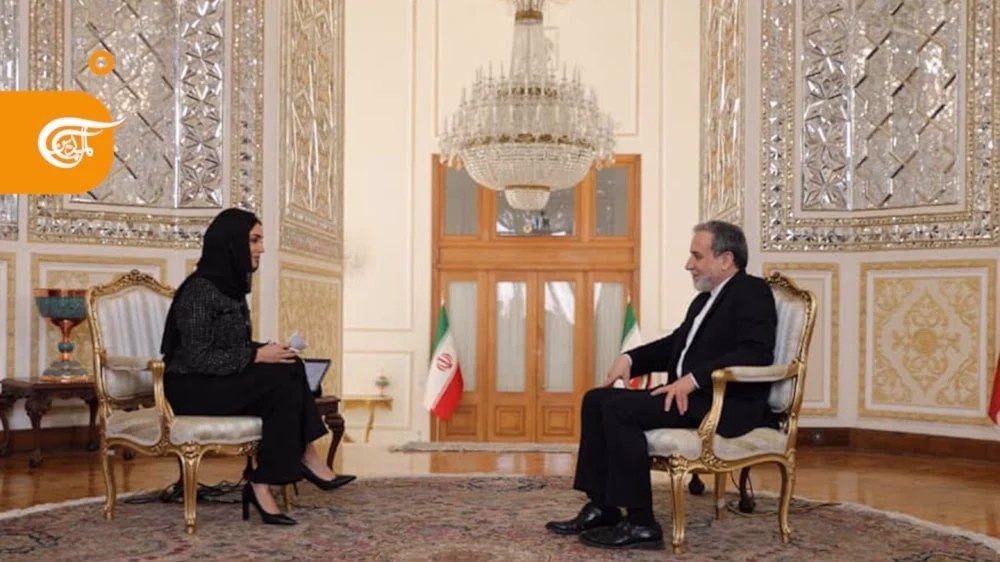Qalibaf: Iran will meet JCPOA commitments if US sanctions, executive orders fully revoked
Iran’s Parliament speaker says the Islamic Republic will fulfill its commitments under the landmark nuclear deal of 2015, officially known as the Joint Comprehensive Plan of Action (JCPOA), only if the other parties to the deal do the same.
“Without seeking to leave the JCPOA, we have the right to not fulfill our obligations under Articles 36 and 37 of the JCPOA in the face of non-compliance by the other side,” Mohammad Baqer Qalibaf said at an open session of the Parliament on Sunday.
“Therefore, we declare decisively that Iran will comply with its commitments only if they also comply with theirs, lift all the sanctions and revoke executive orders issued by the president of the United States.”
US President Donald Trump, who is expected to leave the White House on January 20, imposed harsh sanctions on Iran after he ditched the accord on May 8, 2018. The sanctions have targeted Iran’s oil industry among other vital sectors.
Throughout 2019, Trump’s Secretary of State Mike Pompeo vowed to bring Iran’s oil exports “down to zero.” While the decision proved to be too ambitious to come true, the sanctions have had a significant impact on Iran’s oil sales, and in turn, on the Iranian people’s livelihood.
Elsewhere in his remarks, Qalibaf said the sanctions will be considered lifted only if Iran would be able to sell oil and receive its money to meet the people’s needs, and also when the country could engage in fair trade with the world, adding, “Only then, Iran will fulfill its obligations within the framework of the JCPOA.”
Following Trump’s unilateral withdrawal, Iran gave the remaining parties to the deal – the European trio in particular – a whole year to compensate for the damage caused by the sanctions and to protect Iran’s interests under the deal. However, as they failed to do so, the administration of President Hassan Rouhani on May 8, 2019 began to scale back Tehran’s nuclear commitments.
The Iranian Parliament also came to play an important part in the commitment reduction process, when it passed a law last month that required the administration to produce at least 120 kilograms of 20-percent enriched uranium annually and to suspend more of the country’s nuclear obligations. The administration went ahead with implementing the law earlier this month in spite of initial objection to it.
JCPOA is no ‘sacred agreement’ for Iran
“The Western front should know that it must recognize the Iranian people’s rights and that if it puts pressure on the Iranian people, it must be prepared to pay the price accordingly,” Qalibaf remarked.
The Parliament speaker also asserted that the JCPOA is not a “sacred agreement” for Iran, but it was agreed upon by the Islamic Republic in exchange for sanctions relief.
“Therefore, the US return to the JCPOA does not matter to us, but the only important thing in our view is the practical and tangible lifting of sanctions,” he added.
In similar remarks televised on Friday, Leader of the Islamic Revolution Ayatollah Seyyed Ali Khamenei said Iran is in no rush to get the US to re-enter the JCPOA, but instead, “our logical demand is the lifting of sanctions and taking back the usurped right of the nation.”
Ayatollah Khamenei said the lifting of sanctions is the Iranian people’s right, which has been violated by the United States.
“If the sanctions are lifted, then the US return to the JCPOA will mean something,” the Leader said. “But if the sanctions are not lifted, their return to the JCPOA may be even to our detriment.”
US vetoing of Gaza ceasefire resolution ‘disgraceful’: Iran’s UN envoy
VIDEO | IAEA adopts anti-Iran resolution tabled by E3
VIDEO | Iran's president urges Pope to help end Israel's onslaught in Gaza
Iran's senior legal official: ICC arrest warrant for Netanyahu ‘great victory'
Nov. 21: ‘Axis of Resistance’ operations against Israeli occupation
VIDEO | Israeli forces storm West Bank’s Jenin again, target civilians
Iran activates advanced centrifuges after IAEA's 'unjust' resolution
VIDEO | Press TV's news headlines

















 This makes it easy to access the Press TV website
This makes it easy to access the Press TV website